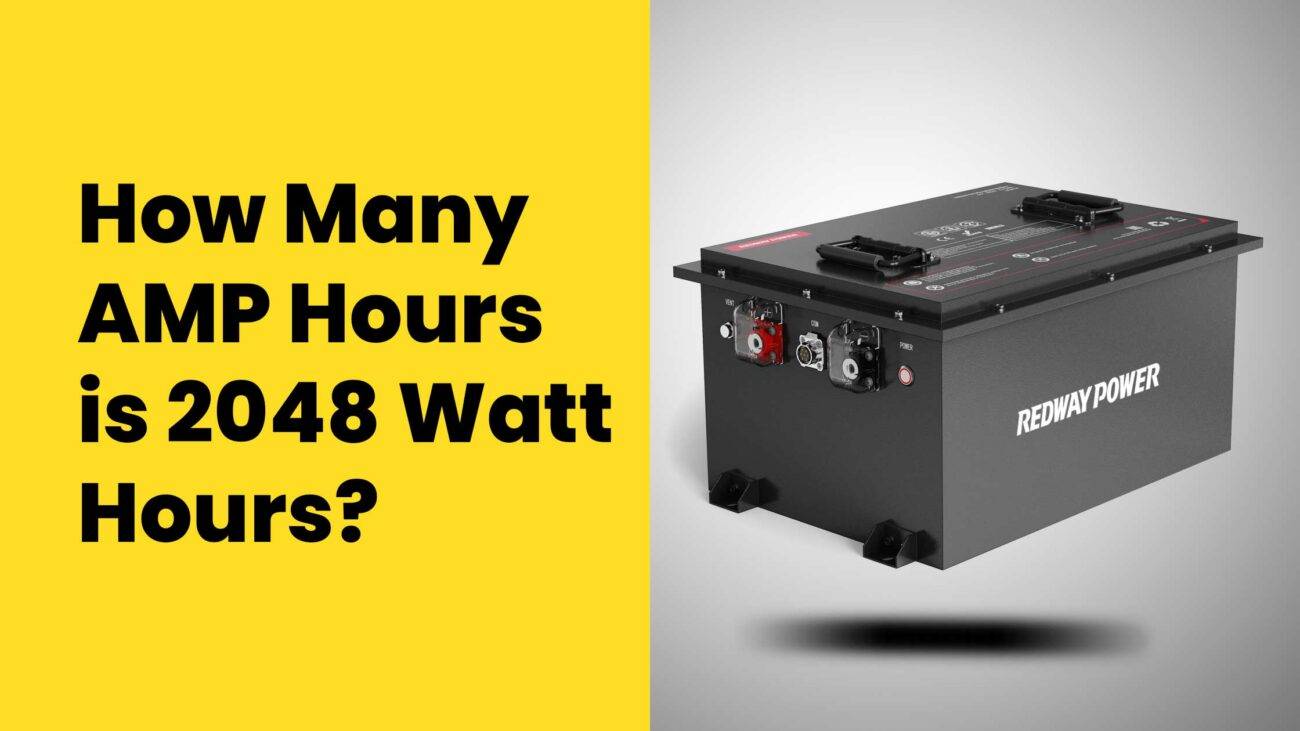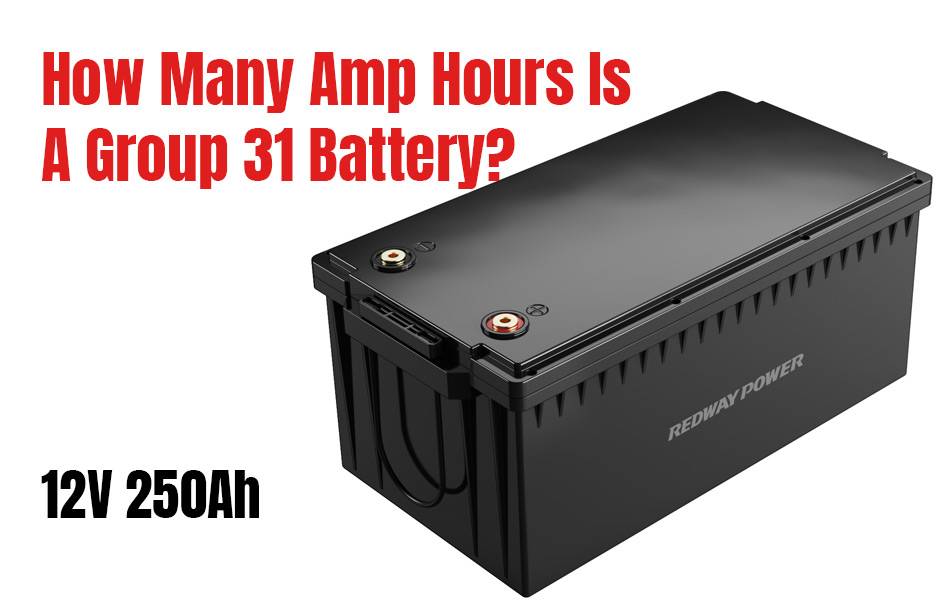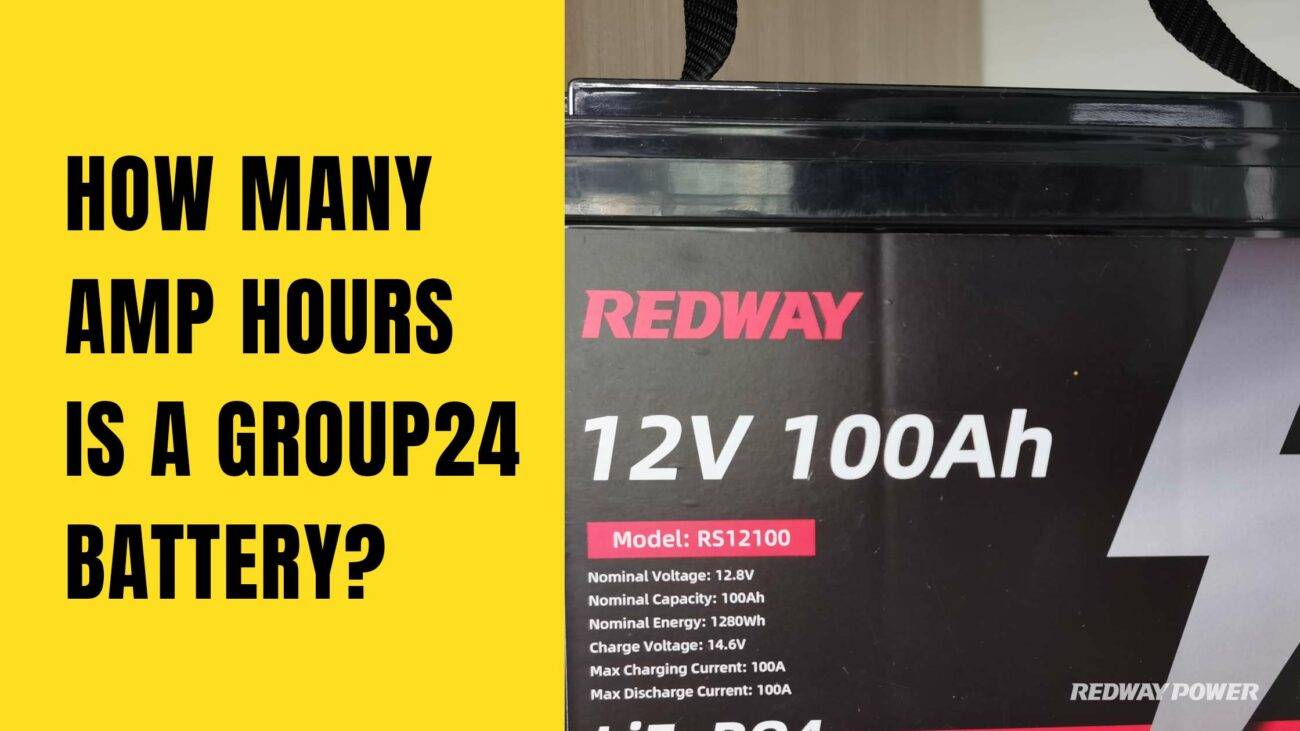To calculate the amp hours of a 12V battery, you can use the formula: Amp Hours = Watt Hours / Voltage. For example, if you know the watt-hours are 120 and the voltage is 12, the calculation would be: 120Wh / 12V = 10Ah.
Understanding Amp Hours and Watt Hours
Learn about the concepts of amp hours and watt hours and how they are used to measure battery capacity and energy consumption.
- Amp Hours (Ah): Amp hours represent the amount of current a battery can deliver over a specific period of time.
- Watt Hours (Wh): Watt hours measure the total energy consumed by a device or system over a certain period.
- Voltage (V): Voltage is the electrical potential difference that determines the force of current flow in a circuit.
Calculating Amp Hours from Watt Hours and Voltage
Discover the step-by-step process to calculate amp hours by using watt hours and the voltage of a battery.
- Step 1: Determine the watt hours (Wh) of the battery, which can be found on the battery label or specification sheet.
- Step 2: Identify the voltage (V) of the battery, typically 12V for a 12V battery.
- Step 3: Divide the watt hours by the voltage to calculate the amp hours (Ah) of the battery.
- Step 4: Round the result to the nearest decimal place for practical use.
Factors Affecting Battery Capacity
Explore the factors that can influence the actual capacity and performance of a 12V battery.
- Battery Age and Health: Older batteries or those in poor condition may have reduced capacity and performance.
- Temperature: Extreme temperatures can affect the efficiency and capacity of a battery.
- Discharge Rate: The rate at which the battery is discharged can impact its capacity and overall lifespan.
- Battery Chemistry: Different battery chemistries have varying capacities and performance characteristics.
FAQs
What Unique Features Make 18650 and 14500 Batteries Suitable for Different Apps?
The 18650 battery, with its high capacity, durability, and versatility, is ideal for high-performance devices like laptops and electric vehicles. It provides long-lasting power and is known for its exceptional energy density. On the other hand, the 14500 battery, with its compact size and broad compatibility, is perfect for portable electronic devices. It offers a balance between size and performance, making it suitable for various applications. Whether you need high capacity or compact size, both batteries provide reliable power and excellent performance for different needs.
- 18650 Battery: Known for its high capacity, durability, and versatility, the 18650 battery is ideal for high-performance devices like laptops and electric vehicles. It offers long-lasting power and exceptional energy density, allowing your devices to run efficiently for extended periods.
- 14500 Battery: With its compact size and broad compatibility, the 14500 battery is perfect for portable electronic devices. It strikes a balance between size and performance, making it suitable for a wide range of applications. Its compatibility with devices that use AA batteries adds to its versatility.
- Choose the Right Battery for Your Needs: Consider the specific requirements of your device when selecting between the 18650 and 14500 batteries. If you need high capacity and power for demanding devices, the 18650 battery is a reliable choice. For compact devices that prioritize portability and compatibility, the 14500 battery is an excellent option.
How Do 18650 and 14500 Batteries Compare in Capacity, Size, Compatibility?
The 18650 and 14500 batteries differ in capacity, size, and compatibility. The 18650 battery, with its larger size and higher capacity ranging from 1200mAh to 3600mAh, is suitable for high-demand devices like laptops and electric vehicles. In contrast, the 14500 battery, smaller in size and with a capacity of 500mAh to 800mAh, serves as a rechargeable alternative for devices that traditionally use AA batteries. Both batteries offer reliable power and are compatible with a wide range of devices, providing versatile solutions for different power needs.
- Capacity: The 18650 battery, with a larger size, offers a higher capacity ranging from 1200mAh to 3600mAh. This makes it suitable for power-hungry devices like laptops, flashlights, and electric vehicles. On the other hand, the 14500 battery, smaller in size, has a lower capacity ranging from 500mAh to 800mAh, making it a rechargeable alternative for devices that traditionally use AA batteries.
- Size: The 18650 battery is larger in dimensions compared to the 14500 battery. Its size is similar to a standard cylindrical cell, while the 14500 battery is similar in size to an AA battery.
- Compatibility: Both the 18650 and 14500 batteries are compatible with a wide range of devices. The 18650 battery is commonly used in devices like laptops, electric vehicles, and power tools, while the 14500 battery serves as a rechargeable alternative for devices that traditionally use AA batteries.
- Choose the Right Battery: Consider the power requirements and size limitations of your device when selecting between the 18650 and 14500 batteries. If you need higher capacity and power for demanding devices, the 18650 battery is a suitable choice. For devices that prioritize compact size and compatibility, the 14500 battery offers a versatile solution.
- Can I use this formula for batteries with different voltages?
- Yes, the formula can be used for batteries with different voltages. Simply substitute the appropriate voltage value in the calculation.
- Can I calculate the watt hours if I know the amp hours and voltage?
- Yes, you can calculate the watt hours by multiplying the amp hours with the voltage.
- Why is it important to know the amp hours of a battery?
- Knowing the amp hours helps determine the battery’s capacity and estimate the runtime for specific devices or systems.
Post Views: 240













